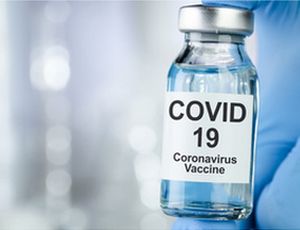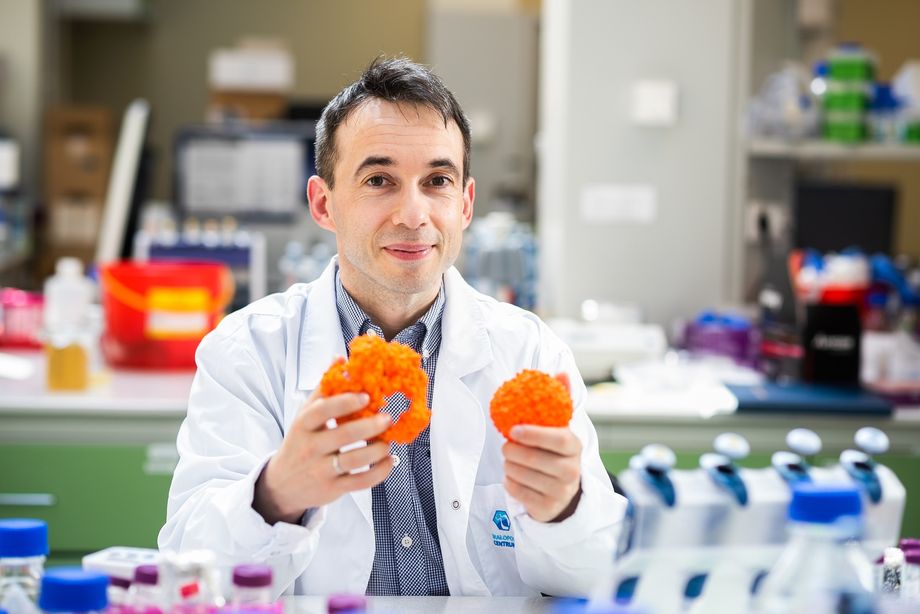
Scientists from the Jagiellonian University, University of Gdańsk and Medical University of Gdańsk have joined forces to develop a safe and effective vaccine against COVID-19. Its protective effect is supposed to result from the stimulation of T cells of the vaccinated person to destroy cells infected by the virus. The research is funded by the Foundation for Polish Science within the framework of the EU Smart Growth Operational Programme.
The research is conducted by Dr hab. Danuta Gutowska-Owsiak from the Intercollegiate Faculty of Biotechnology of the University of Gdańsk and the Medical University of Gdańsk, who specialises in human immune system and Prof. Jonathan Heddle from the Małopolska Centre of Biotechnology at the Jagiellonian University, expert in biotechnology. Their idea consists in using the properties of exosomes – small vesicles present in most biological fluids in the body, which act as transmitters of signal between cells and can change the functions of cells e.g. by stimulating immune cells to action.
The researchers are planning to design and generate artificial exosomes and then test using them as a novel way of inducing antiviral cellular response against SARS-CoV-2. This can lead to a unique approach to create a vaccine against COVID-19.
“We would like to test such a possibility - create artificial nanostructures that would activate T cells and test the effectiveness of this solution in combating SARS-CoV-2 coronavirus. Human body has various ways of responding to viruses, like the activation of macrophages and granulocytes or releasing interferons. These methods also include the activation of different classes of T cells which destroy cells infected by the virus, thus limiting its spread. Hence, the activation of T cells can be an effective treatment method and protect the body against infection”, explains Dr hab. Danuta Gutowska-Owsiak.
Prof. Jonathan Heddle adds that many laboratories all over the world are currently working to develop and effective COVID-19 vaccine and some of these efforts are already at an advanced stage. Yet, it is still unknown what the effectiveness of these solutions will be and whether they will induce a strong and long-term immune response, so it is necessary to test different strategies of stimulating the body to fight the virus, for instance by using artificial exosomes. Prof. Heddle hopes that the results of his and his colleagues’ research will prove useful not only against COVID-19 pandemic but also other pathogens that may pose serious threat in the future.

Prof. Jonathan Heddle (Photo: Foundation for Polish Science Archive)





